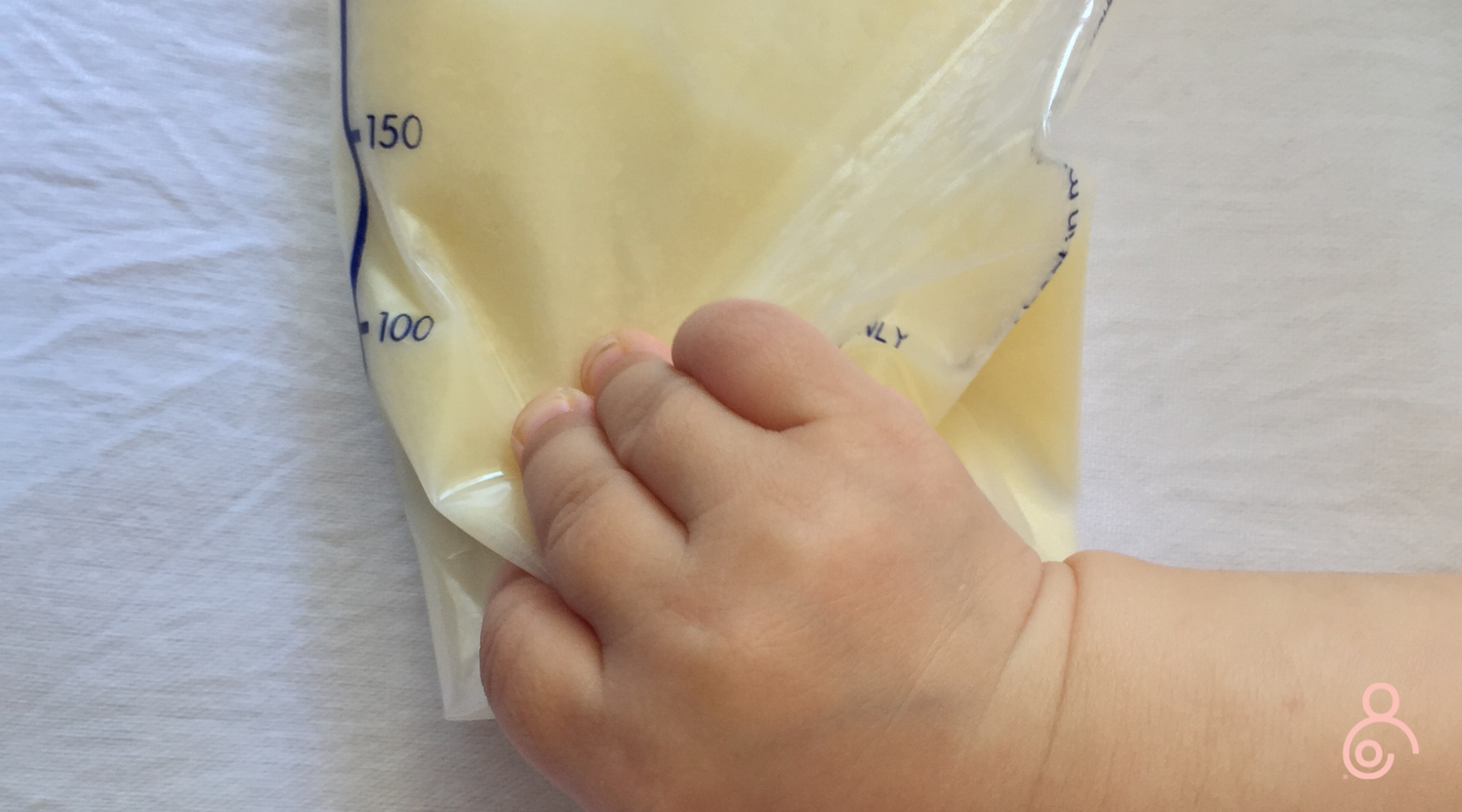Most mums struggle with the reality of the impending arrival of their new baby. First time mums often feel nervous about the road ahead and for mums with a child at home, every new baby is a completely different little human. The common worries for new mothers such as establishing routine, sleep and feeding can cause a lot of anxiety and stress especially when healthcare professionals, google, friends and family all offer conflicting advice or opinions.
We have asked Cathy McCormick to explain what ‘reverse cycling’ is and to offer some tips on how to manage reverse cycling to help set you up for success. Cathy has over three decades of experience in the maternity field, initially starting as a nurse with a focus on mental health, Cathy then moved into midwifery and became an IBCLC. Cathy's diverse experience also includes roles as an Antenatal Class & Mothers Support Group Facilitator with HolisticBaby, a Happiest Baby Educator, and a Neuroprotective Developmental Care Practitioner with the Fussy Baby Network.
Before we jump into the details of reverse cycling, Cathy says that mums will often hear terms like ‘Contact Napping’,‘Sleep Regressions” or ‘Sleep Progressions’ and the latest hot word ‘Reverse Cycling’. More often than not, people will also have an opinion on these being good vs bad. Cathy’s biggest tip after working in the industry for over 30 years as a nurse/midwife/lactation consultant, is that labelling a baby with words is often unhelpful and doesn’t offer parental attunement to their unique baby, so be kind to yourself and do what is best for you and bub.
What is reverse cycling?
"Reverse cycling is a term that describes a normal aspect of baby’s development. It refers to when babies prefer to feed more at night than during the day, which can be exhausting for parents. Daytime distractions or slow milk let-down can lead to impatience and a loss of interest in feeding. Cathy explains, "Your baby's brain is growing curious and beginning to process the fascinating world around them, distinct from their mother. Given their still-developing brains, they may find it challenging to multitask, such as feeding while interacting, leading to distractions and a preference for whatever is most engaging."
It's a common misconception that reverse cycling is abnormal , but it's actually a normal behaviour for many babies at various ages and developmental stages. Parents are often misled into thinking that their baby is manipulating them or that they are fostering bad habits, potentially complicating future routines. However, Cathy adds, "What I've noticed is that when parents are encouraged to embrace this phase, they often create cherished memories. Often we find that parents and babies become more in sync, so, it becomes easier for parents to gradually introduce changes that the baby hardly notices. Most of these phases naturally resolve without causing overwhelming stress, leading to better sleep for both the parent and the child."
When is reverse cycling most likely to occur?
Cathy highlights that it's most common for babies to experience significant changes in their feeding patterns during the first few weeks of life as their circadian rhythms begin to develop around 8 weeks, and again around 3 to 4 months as they become more aware of their surroundings and easily distracted. This pattern may also emerge as they hit developmental milestones like rolling and crawling. Many infants prefer feeding in the quiet of the evening or overnight when they can concentrate without distractions, often feeding more upon waking, before sleeping, or to catch up on missed feeds during the day. This adjustment is natural and caters to their needs. However, as parents' days become busier, babies might have shorter daytime feeds and compensate during more relaxed evening or nighttime hours.
It's crucial to understand that this is only an issue if it poses a problem for you. Research indicates that it's normal for babies to wake every 2 hours from 10pm to 6am. If your baby wakes more frequently and you're struggling with mood disorders, it might be essential for your family's well-being to seek help. Cathy suggests considering careful assessments of sensory experiences, discussions on working with biological sleep regulators, and exploring simple techniques to optimise daytime feeds.
How to manage it
In the initial days and weeks, many infants struggle to stay awake for extended periods during the day due to the bright lights, noise, and hustle of daily life, requiring their still-developing brains to take frequent and sometimes prolonged rests. Given their small stomachs, they need regular feedings. However, as night falls, you might notice your baby becoming more curious about their surroundings. Nighttime feeding is crucial in these early stages for establishing a strong milk supply and promoting your baby's growth.
As your baby matures, you can gradually introduce a routine: daytime is reserved for feeding, activity, and sensory development, while nighttime is meant for extended periods of sleep, rest, and relaxation, with just enough feeding to ensure the night is comfortable and manageable.
Cathys top tips
- Try offering feeds more frequently and flexibly during the day to ensure your baby is getting more milk during the day.
- If you are breastfeeding, ensure your baby has a good latch to ensure they are drinking effectively, you may need to readjust your positioning as your baby grows.
- If your baby refuses to feed, take a minute to focus on ‘Calming Deep Breaths’, then back off and then try and re-offer a short time later.
- If you notice your baby decides to want a long feed during the day, you may need to support your let down reflex to support milk flow. Relaxation and breast massage techniques can be helpful to achieve this.
- Make the most of their milk intake when they have just woken up and are slightly drowsy or about to go to sleep. Often your baby will be more engaged in feeding a less open to distractions during this time.
- Work with regular get up time so your baby has a healthy regulated circadian clock such as light on the face by opening the curtains in the early days is helpful.
- Experiment with increasing more sensory brain development as your baby grows during the day such walks outside and avoid confusing their circadian clock with hours in a dark room or quiet houses during the day.
- Make evenings fun for yourself and your baby, but slowly winding down to keep the nervous system relaxed. Experiment with offering frequent evening feeds and nighttime bedtime rhythms to start a little later around 9-10pm. Overnight keep your baby close to you so night feeds are easy and relaxed with low light or darkness, minimal noise, avoid unnecessary nappy changes, hours waiting for burps that never come or swaddling etc.
Remember this stage will not last forever, it may seem challenging at the time but it will pass. If you are struggling it is important to reach out for help from those around you and seek professional help to make things more manageable for you and your family.
Where can I find support and help with breastfeeding?
Lactation Consultants of Australia and New Zealand can help you find a lactation consultant near you.
Ask your GP, midwife, obstetrician, or healthcare provider to connect you with a lactation consultant locally.
The Australian Breastfeeding Association have many resources available including a 24-hour helpline for new mamas, face-to-face workshops, and online classes.






